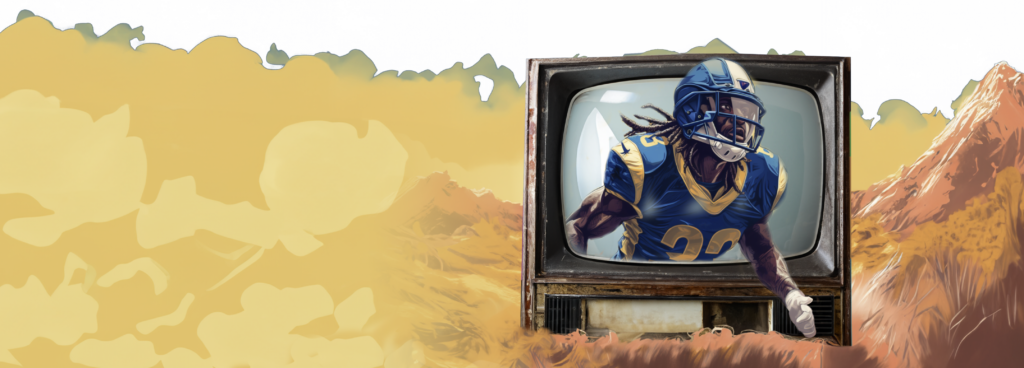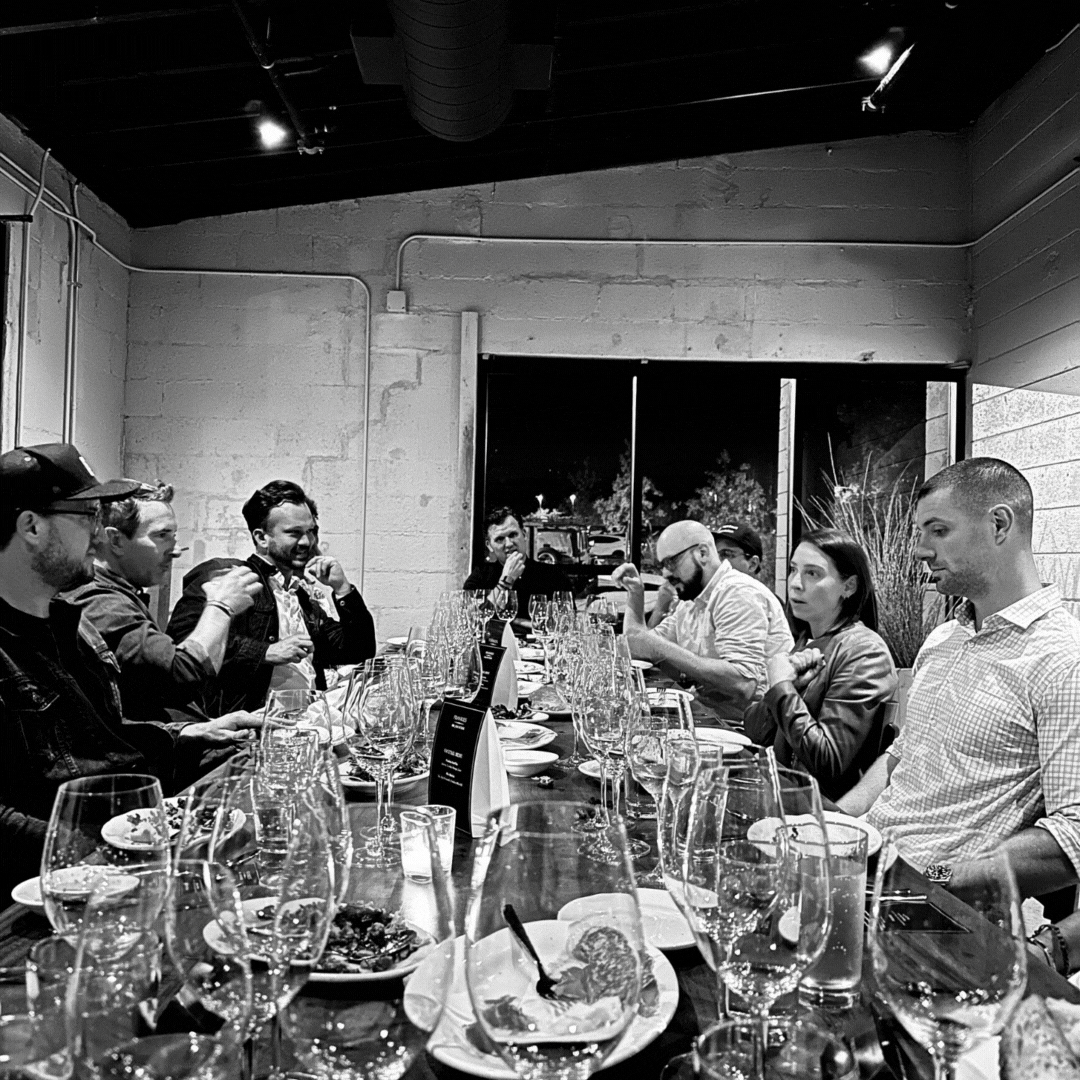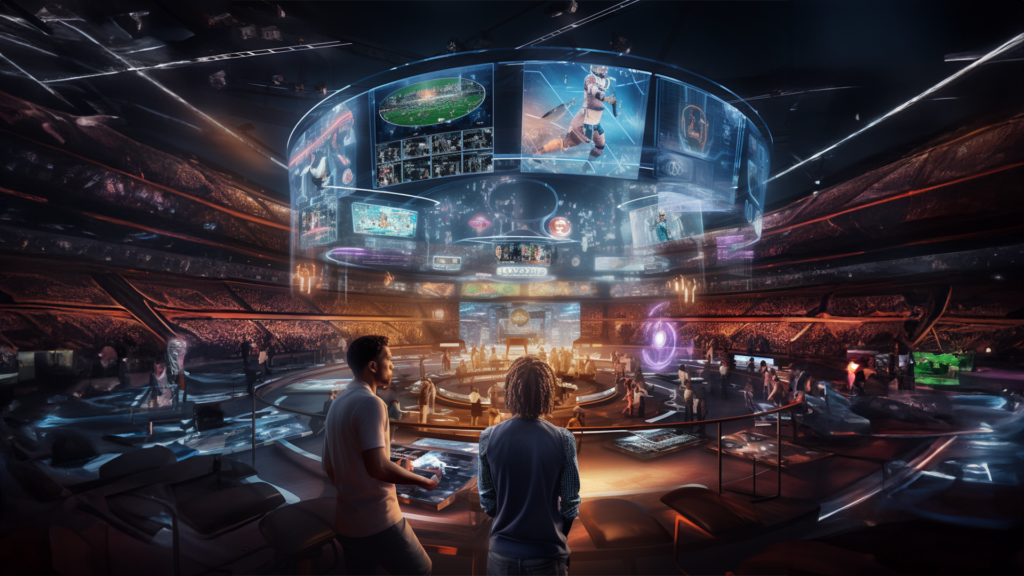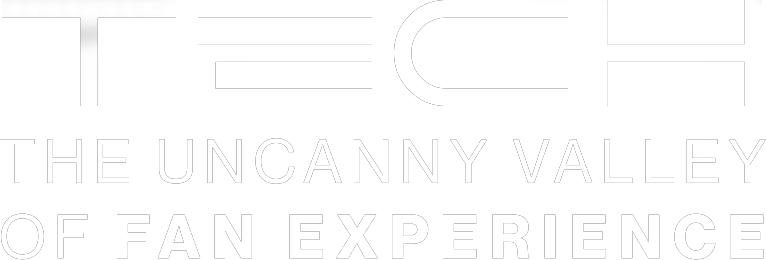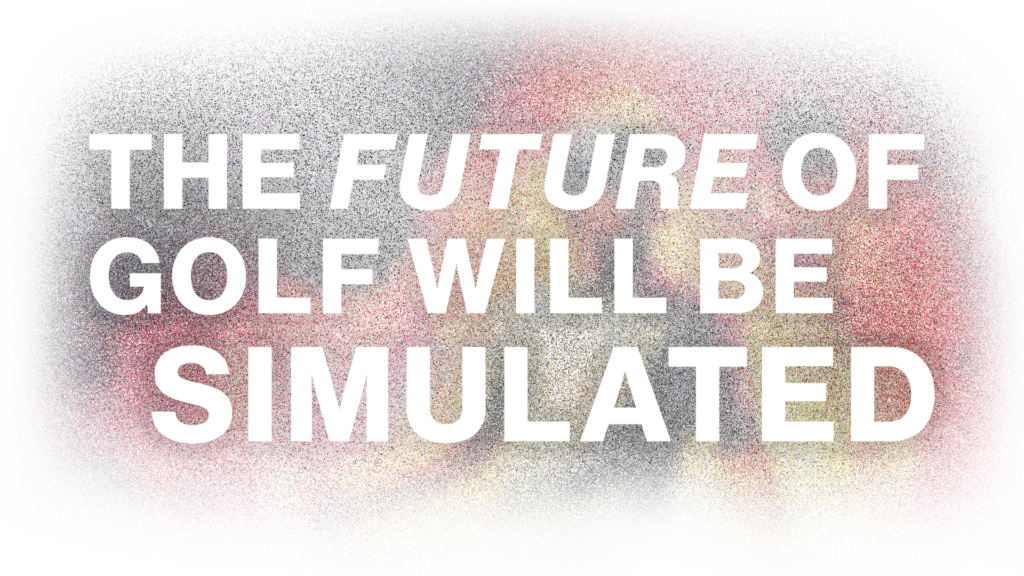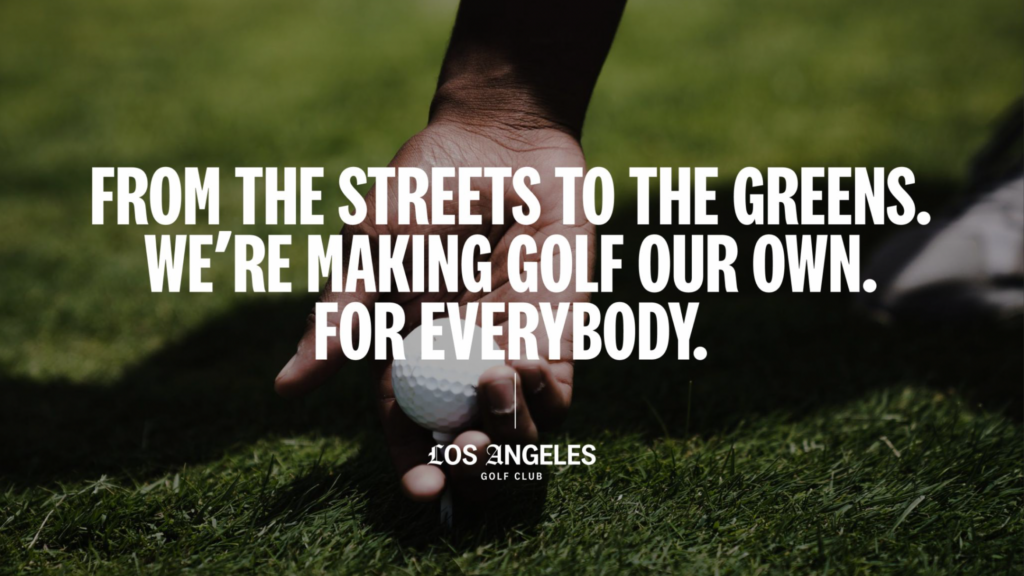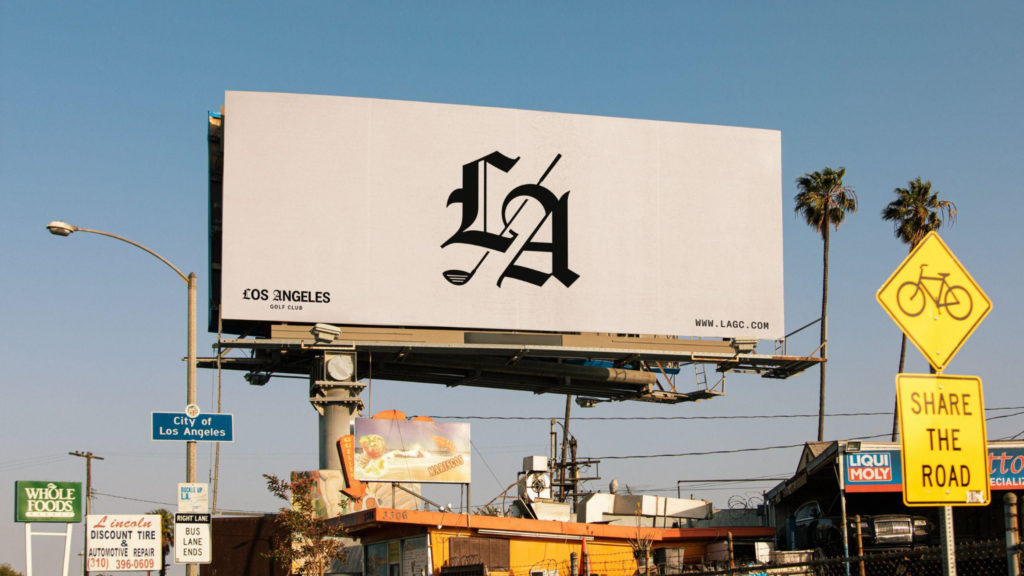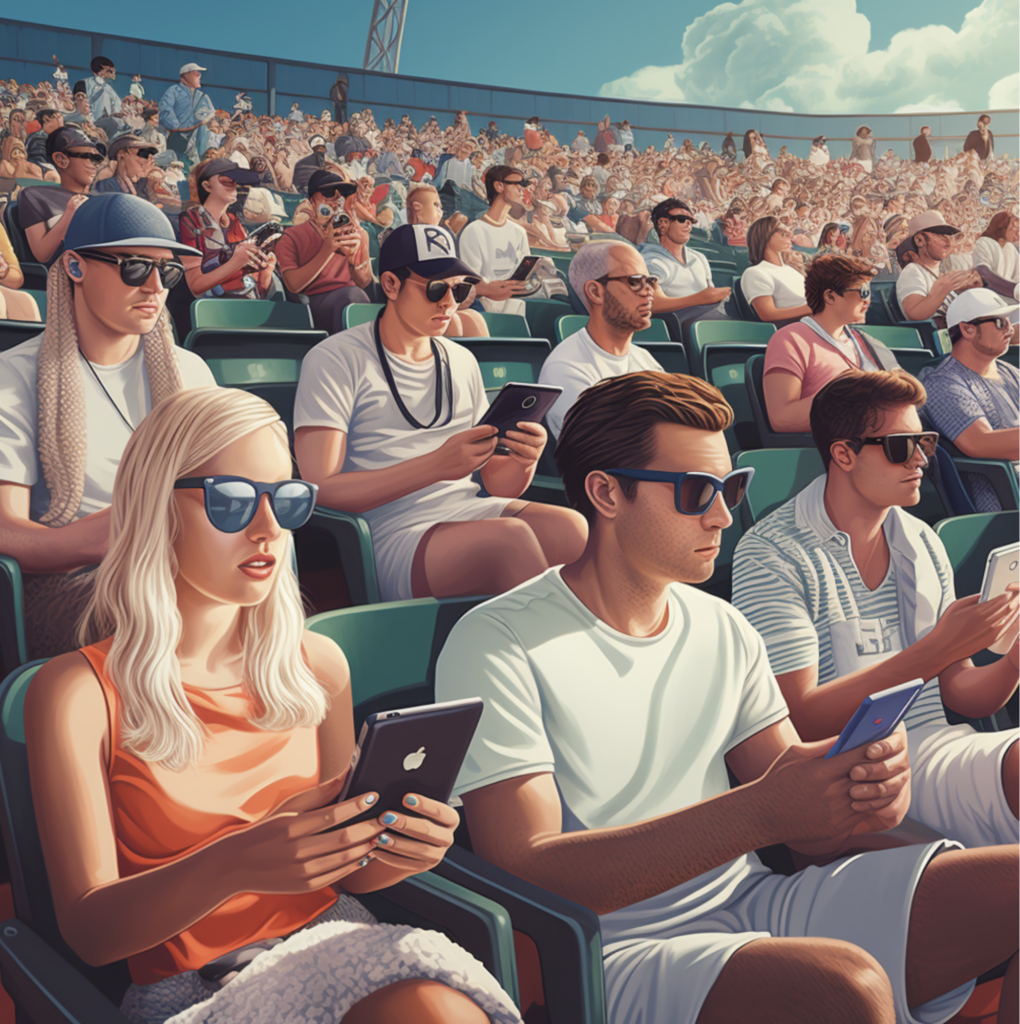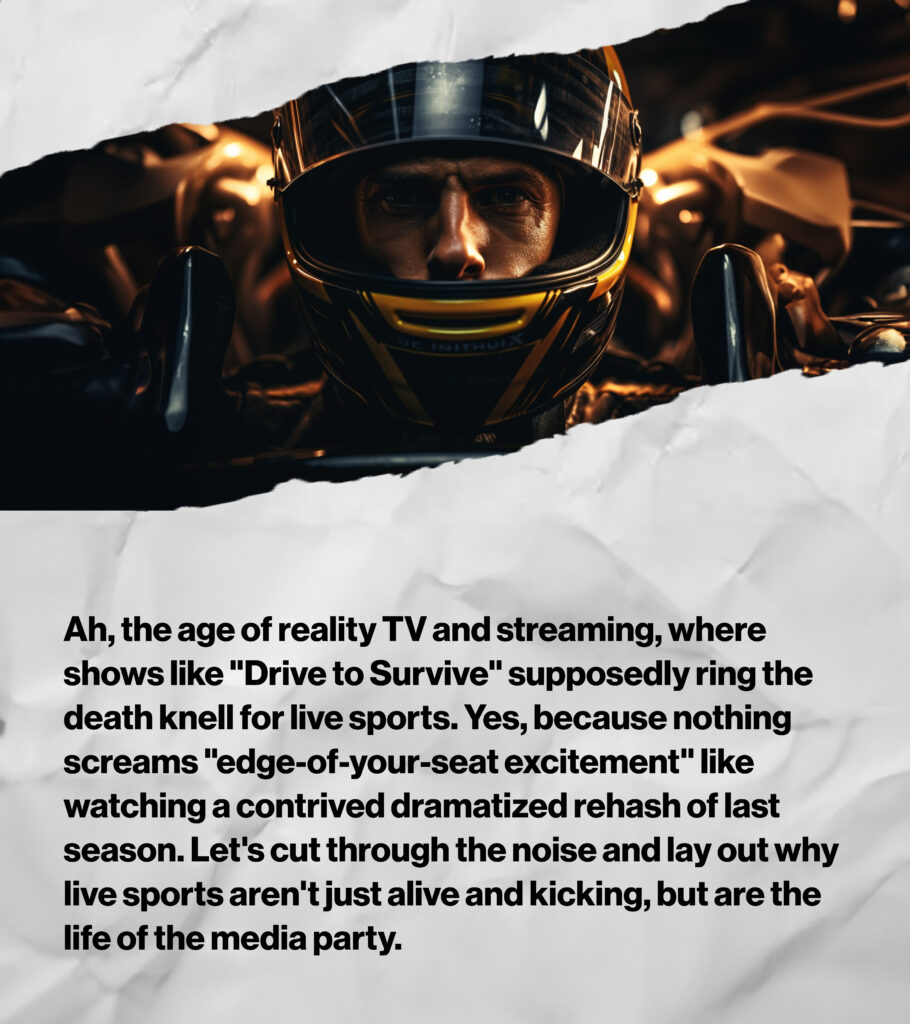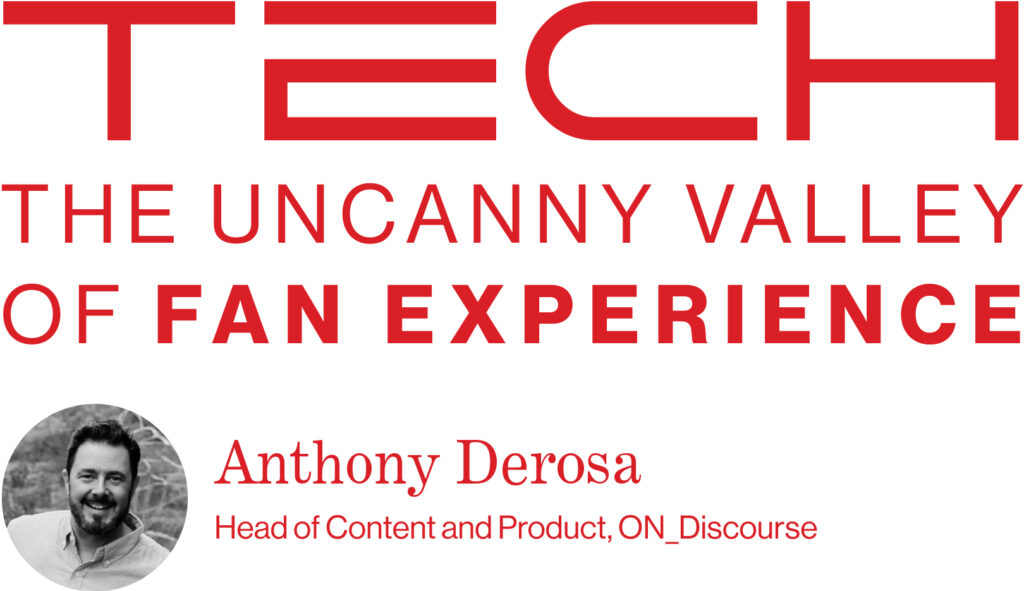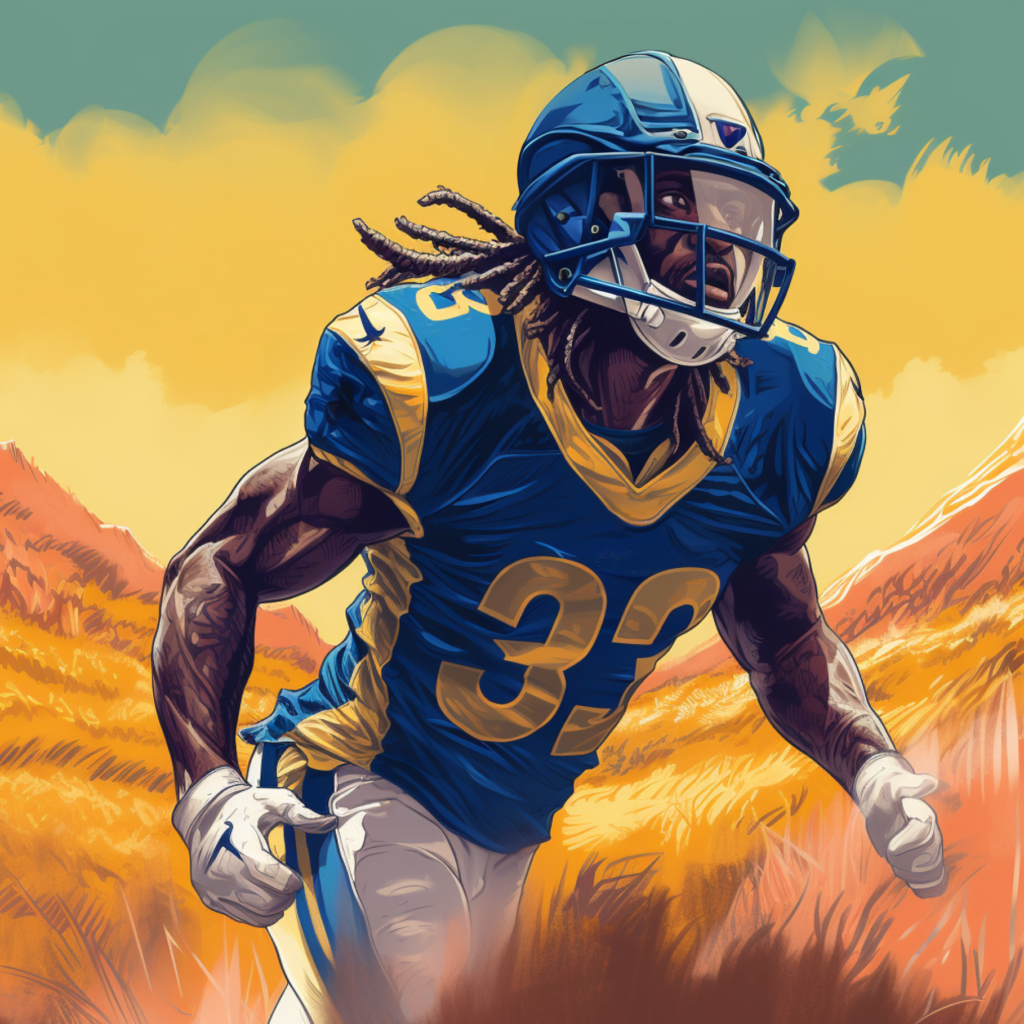
Aly Wagner is a former professional soccer player, an Olympic gold medalist, and as of this year, a co-founder of Bay FC, a new US professional women’s soccer team based in the San Francisco Bay Area. We spoke with her on the Playing Business podcast about the future of sports broadcasting, reaching fans amidst influencer-driven social media, and her journey of launching the newest team in the National Women’s Soccer League.
Wagner has watched men’s and women’s soccer develop in the US from when she fell in love with the sport all the way through to her professional career.
“I think that was just this pure passion phase of football,” Wagner told us. “You did it for the right reasons, and it still wasn’t looked at as a commercial proposition. It wasn’t looked at as something that was monetizable by smart businesspeople. And the entertainment value—US fans didn’t get behind for a long time."

Growing an insurgent soccer club
Nowadays, not only are there US soccer fans, but multiple generations of US soccer fans. There are incumbents, like the established National Women’s Soccer League, and newer players in the space, like Wagner’s Bay FC, which is smaller and thus, as Wagner put it, “perhaps more nimble” when it comes to being able to innovate.
“We’re in the growth phase,” Wagner said. “And so, there’s just so many more variables that we can fold into, hopefully our business model and strategy. Soup to nuts. We’re talking about game day experience, but we’re also talking about the long-term strategy for the team, for the league, for soccer in general. I think about that all the time. Yes, Bay FC is this project that I’m working on, but I’m also thinking about other ways to potentially innovate in this space and I think it’s a careful one to be navigated because soccer is such a traditional sport.”
“I think there is something to be done around, shorter condensed content”
Innovation in legacy sports leagues
Wagner explained that sports like soccer, golf, and tennis are very traditional sports with protocols that players and fans follow. The question is, how much of these sports can you disrupt without ruining them? The NFL and the NBA aren’t as traditional, so they have more opportunity to lean into new strategies, she argued. Nevertheless, soccer needs to try.
“I think there is something to be done around, shorter condensed content,” Wagner said. “I think there’s something to be done around, maybe, smaller teams, more skills contests. Just think about the fact that if you’re a soccer player and you go to the Olympics, you only have one event that you can win. That’s the team event. You win. You get one gold medal. Well, if you’re a swimmer, you go and you have how many events you can enter in? You do freestyle, you could do the 50, you can do the 100, you can do IM [individual medley]. You can be Michael Phelps and walk away with 17 gold medals in one Olympics.”
(Aly Wagner has won two gold medals, one at the 2004 Olympic games and one at the 2008 Olympic games.)
Wagner said she thinks soccer should explore more condensed formats, various bite sized consumable formats, and what 11v11 football can look like without ruining the fan’s experience. At the same time, she knows that above all else, fans are most interested in the players.
“The athlete drives fandom”
Leaning into stars over gimmicks
“The athlete drives fandom,” Wagner said. “Again, this applies to both men’s and women’s, but at Bay FC in particular, we don’t need gimmicks. The NWS doesn’t need gimmicks to get eyeballs. It just needs investment in the right area. Investment in the right area is bringing in those top global superstars that drive fandom. And then it’s creating those connections that live past the entrance and exit of those players. Can you make them come back for more, despite that player’s exit?”
Female athletes have plenty of experience in finding interesting ways to create narratives around their careers, Wagner argued. They know how best to connect with their fans.
“We’ve had to sell ourselves in a positive light,” Wagner said
I think that that has set up a great understanding within the league, within the teams, particularly Bay FC, that the way that we tell the stories of our players, the way that we tell the story of our club, the way that we tell the stories around our community, the things that we all care about. Those are the connection points.”
Bay FC plans to invest in all these storytelling areas and innovate its way to building fandom. She acknowledged that the days of only one way to consume sports is long gone, and that ultimately brings opportunity.
“If you’re telling someone that they’ve got to sit through 90 minutes or two hours of a match, that just sounds awful. But if you show them what it feels like, that is where it’s a win.”
The importance of owning your data
“I come from a broadcast background, so we’ve been looking at that for a very long time,” Wagner said. “There’s some compelling data that we have the opportunity to garner as it relates to innovation. Historically, you don’t necessarily know and own the data of who’s tuning into your games. Your broadcast partners do. Now with the way that you can connect directly with the fans, you do own that data. You have the possibility then, of multiple touch points.”
Wagner has spent a lot of time thinking about these cultural connection points, especially the ones driven on social media, and how best to develop the players’ stories.
The risks and rewards of personal athlete brands
“If you’re listing out your top five targets, social media reach, intrigue, fan, fandom, connection, all of that is factored into the value of that player, in terms of who you’re going to target as your top players,” Wagner said. “But in terms of developing it, yes, we want to provide access for these players to be able to monetize themselves, to tell their stories, to become an intriguing person that everyone wants to know more about, ultimately more engagement, more fandom, and you get on the flywheel.”
This is not a simple equation. There are tradeoffs to making your athletes available to fans through various mediums.
“But I also would just caution that there’s risk in that too,” Wagner said. “There’s so much risk in like these young players being exposed to that early on. What are they losing sight of? I do think that with the access and the exposure that these young athletes are having to navigate, I just think it becomes a moral question as well as one that is business-driven. And I think that’s the fine line that we as a club really want to be cognizant of and respect these players, put them first, as a human and not something to be monetized. So, I think that is a balance that we have to strike as a club. But absolutely, if someone’s all in and they want to do it and they’re not suffering on the field, it makes a ton of sense.”
Do you
disagree or
have a
completely different perspective? We'd love to know:
Should live sports embrace reality TV?
And of course, we asked Wagner if live sports need to embrace reality TV or if the death of live sports has been greatly exaggerated. She lands in the latter camp.
“Sometimes the selling of it is more important,” Wagner said. “If you’re telling someone that they’ve got to sit through 90 minutes or two hours of a match, that just sounds awful. But if you show them what it feels like, that is where it’s a win. That’s where you’re like, I’m there. I want to show up. I absolutely think live sports matter. I just think at this point, everything is tied into sports now. Everything is tied into attention. How do I grab attention? Well, I can get it through sport. And, and live sport in particular—if that connection goes away, I don’t think that the value proposition will be there anymore.”
Emil Protalinski
Managing Editor, ON_Discourse
Can insurgent leagues capture market share from the NFL?
This topic kept coming up in our various events: the NFL is God. And God is immune to all the forces that are challenging the other incumbent leagues like the NBA and MLB. What makes the NFL so powerful? Is it a better TV experience? Is it a better sport? The rest of the world would argue against that. (And they probably want the word football back).
The NFL is built on initial scarcity. It started with two games broadcasted one day a week in the autumn. Then came Sunday Night Football, then Monday Night Football. Then Thursday Night Football followed that. Now we have Sunday Ticket and the Red Zone channel. All of that football turned into fantasy football leagues, online gambling. And all of that engagement is padded with endless expert analysis that fills in the gaps in between all the snaps. Is this ecosystem too strong to be disrupted?
This question unlocked a lot of thinking.
What does a league need to thrive? How can an old sport evolve and find new audiences? Can a team of insurgent leagues take down the mighty NFL?
